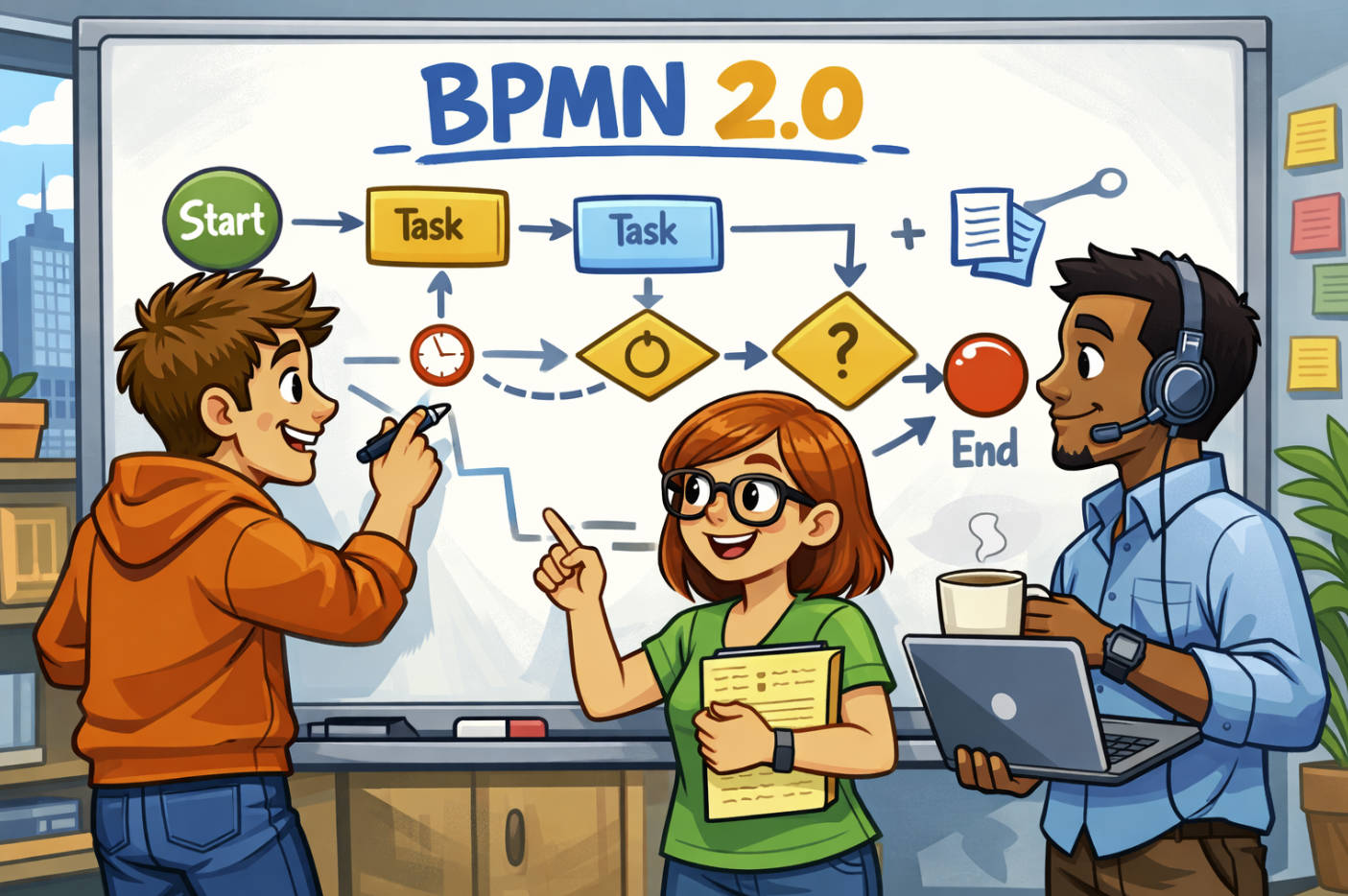Why Businesses Struggle With SOPs
Most businesses know they need Standard Operating Procedures (SOPs), but very few have well-documented ones.
When SOPs are missing, outdated, or unclear, it leads to:
📌 Inconsistent work across teams.
📌 Confusion among employees on how to complete tasks.
📌 Wasted time training new hires without structured guidance.
📌 Compliance risks due to lack of documentation.
Many companies attempt to create SOPs internally, but they often end up:
❌ Too vague – Missing critical steps.
❌ Too complex – Full of unnecessary jargon.
❌ Too long – Hard for employees to follow.
This is why businesses need a technical writer.
Who Writes Standard Operating Procedures?
You might assume managers or HR teams should write SOPs, but they’re not documentation experts.
A technical writer specializes in turning complex processes into clear, structured, and easy-to-follow SOPs.
📌 They interview key employees to extract process knowledge.
📌 They write step-by-step instructions that anyone can follow.
📌 They format SOPs properly for consistency and readability.
📌 They ensure compliance with industry regulations and standards.
A poorly written SOP does more harm than good. A technical writer ensures accuracy, clarity, and usability.
Why Every Business Needs Professionally Written SOPs
A well-written SOP:
✅ Standardizes operations – Everyone follows the same process.
✅ Reduces training time – New hires get up to speed faster.
✅ Ensures compliance – Meets industry and legal requirements.
✅ Minimizes mistakes – Clear instructions reduce errors.
If your business relies on undocumented knowledge, you’re at risk of inconsistency, mistakes, and compliance issues.
How Aliso Digital Can Help
At Aliso Digital, we create structured, easy-to-follow SOPs that keep your business running smoothly.
Whether you need SOPs for operations, HR, IT, or compliance, we write clear, effective documentation that employees actually use.
👉 Visit Aliso Digital to get professionally written SOPs for your business today.






